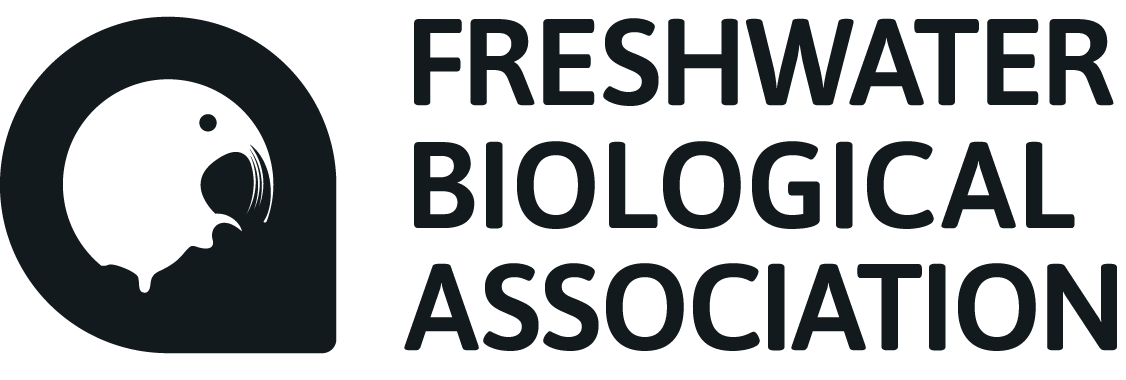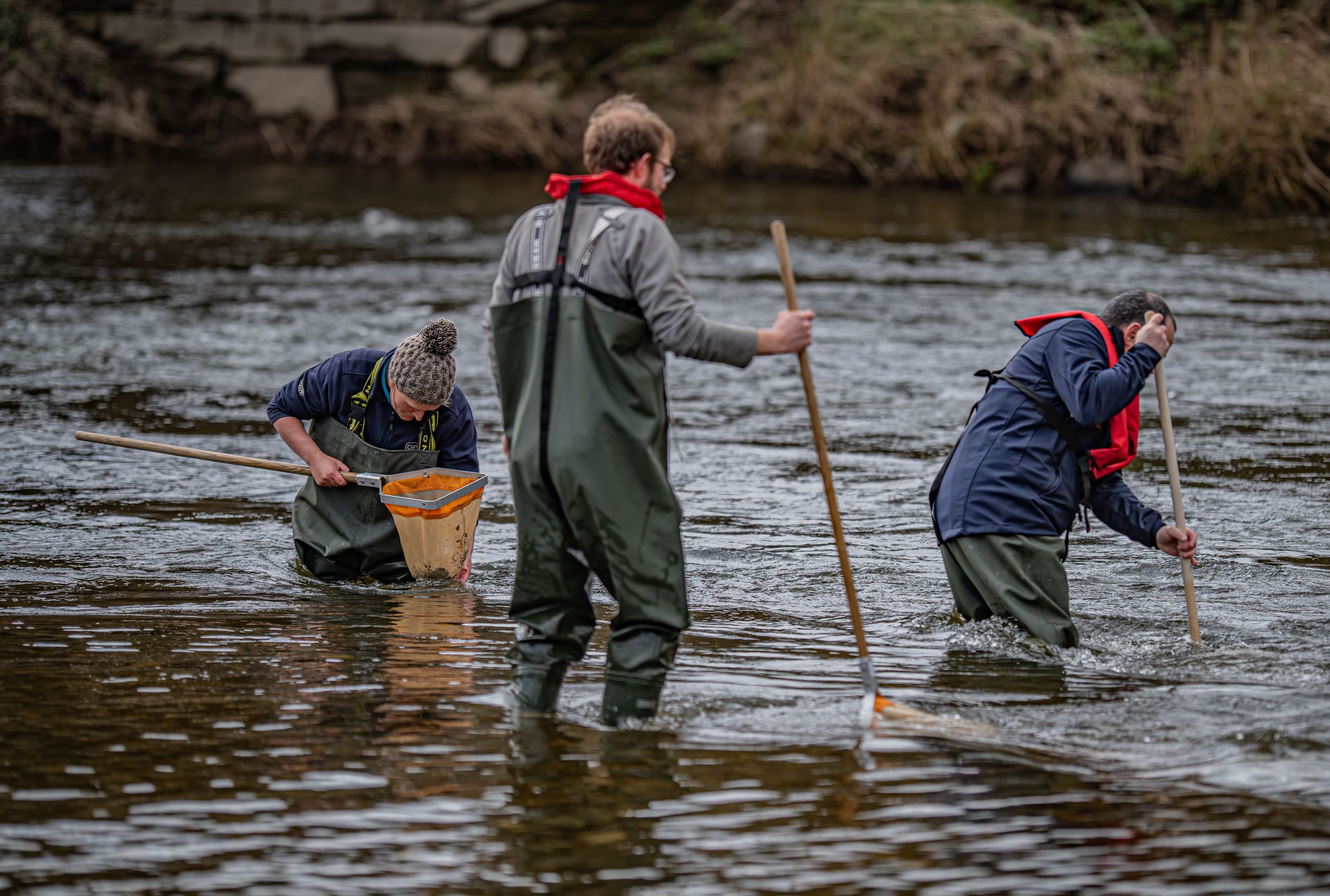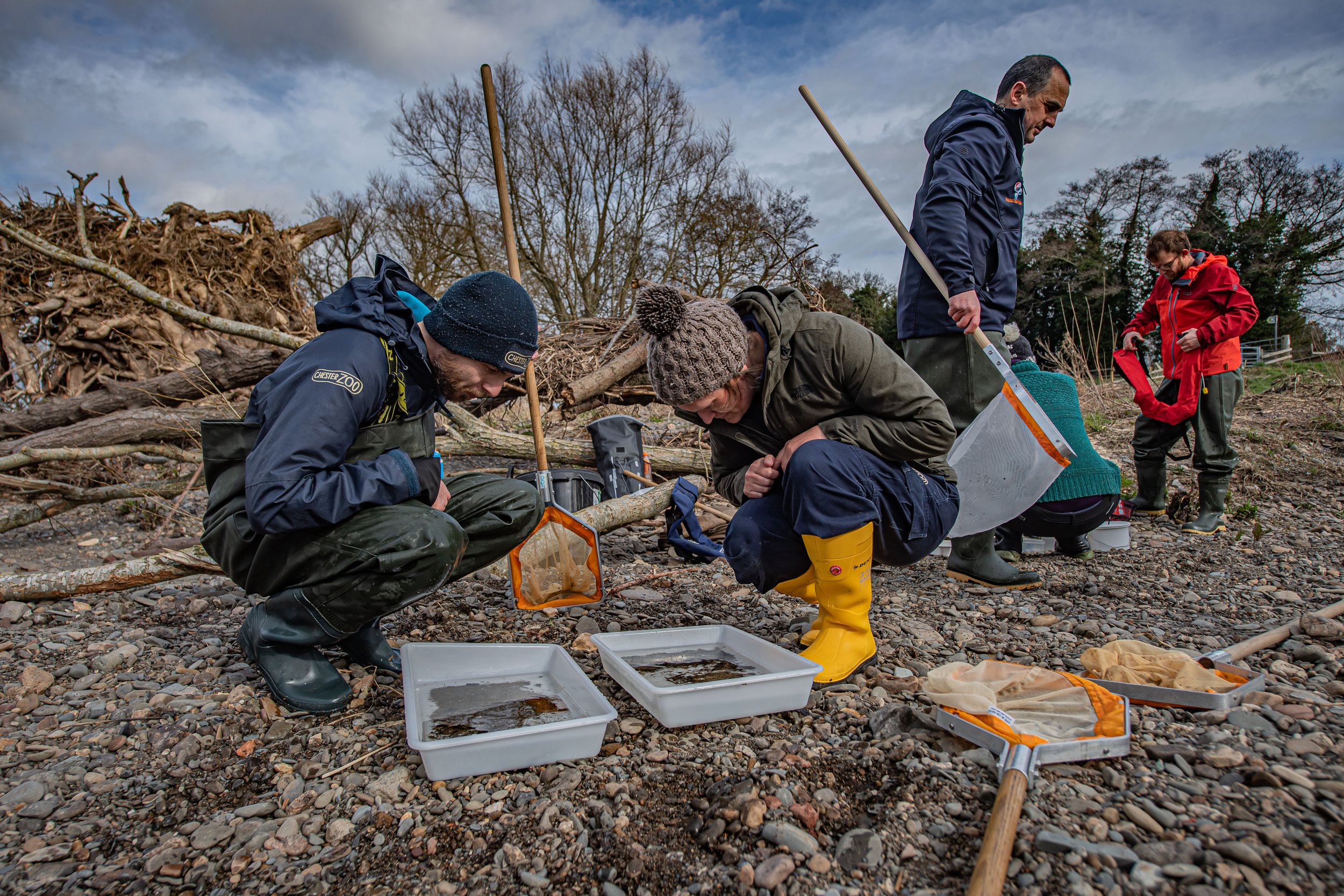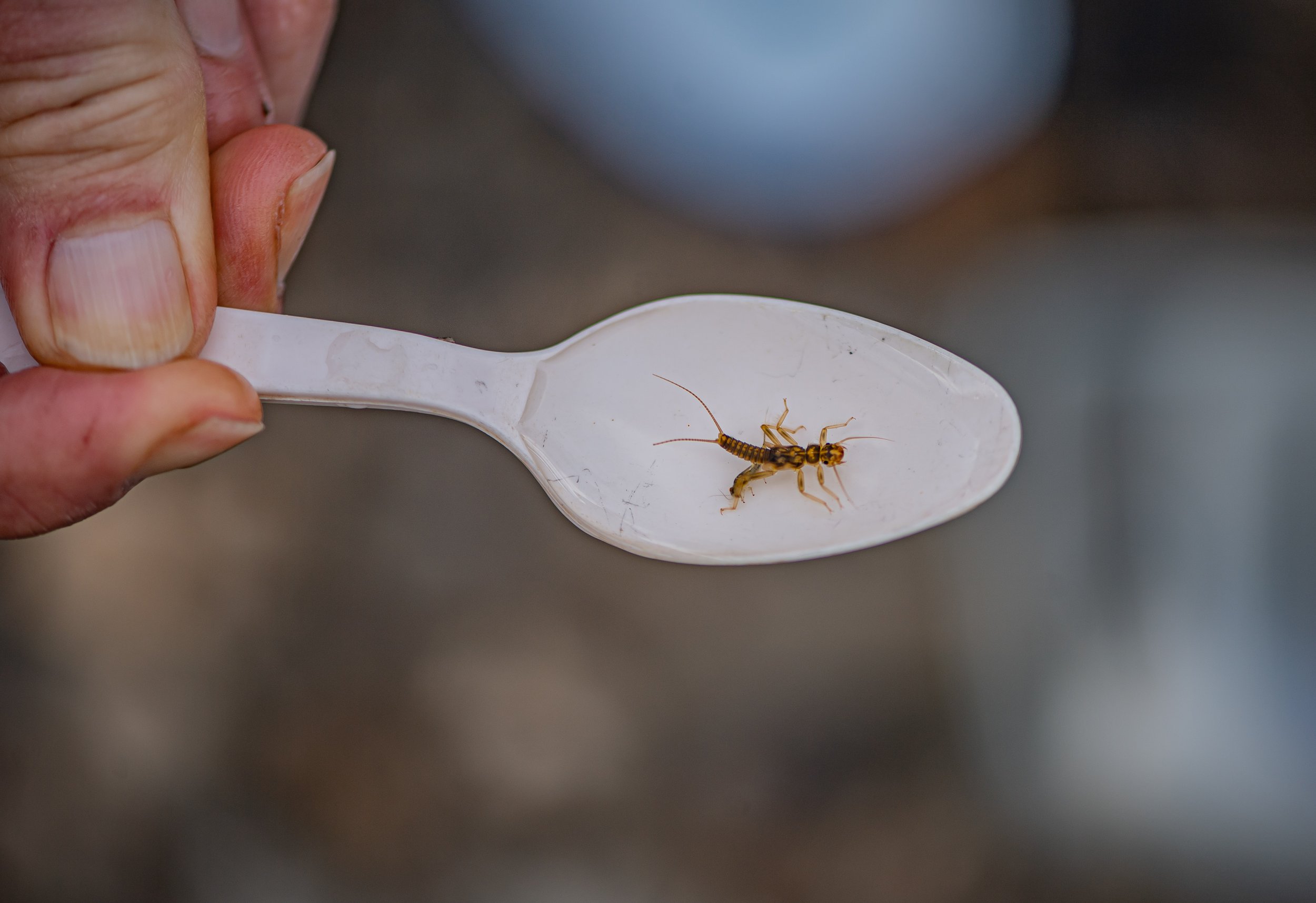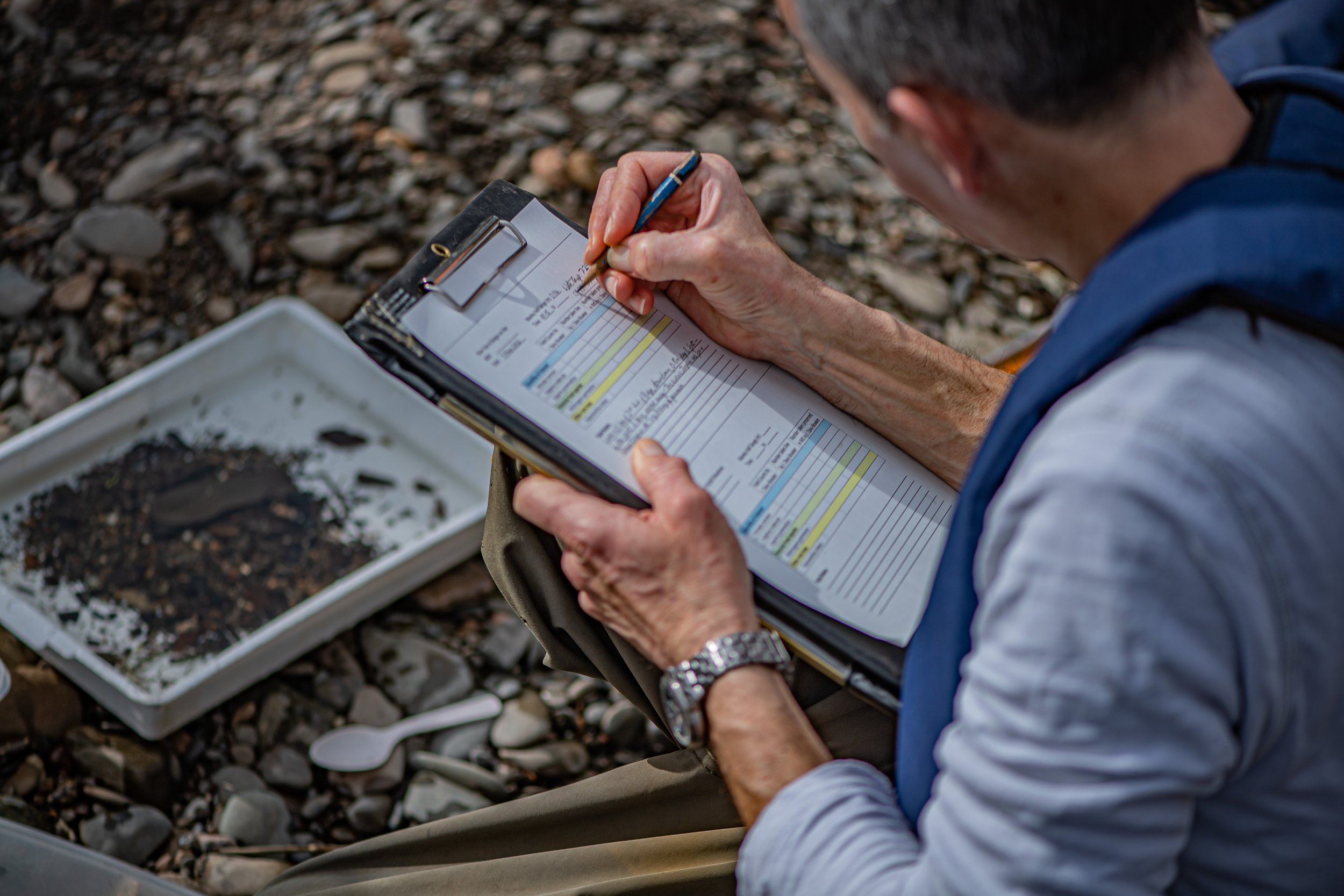FBA Fellow involved in bringing rare stonefly back from the brink
23 August, 2023
Invertebrate specialist and Fellow of the Freshwater Biological Association, John Davy-Bowker, has been involved in saving the critically endangered Yellow Sally Stonefly after it had been declared extinct.
All photos copyright: Chester Zoo
Having not been recorded in the UK since 1995, the Yellow Sally Stonefly had been declared extinct, until 2022 when two small populations were found in the River Dee, North Wales.
The scarce Yellow Sally Stonefly is a critically endangered species that was first identified in the River Dee in 1959 and was regularly recorded up until 1995 when subsequent surveys failed to locate any living populations in the UK. The species was presumed to have gone extinct in the British Isles, while a small number of populations were diminishing across Eastern Europe.
After their rediscovery in the River Dee in 2022, conservationists from wildlife charities Buglife Cymru, Chester Zoo, the Welsh Dee Trust and Freshwater Biological Association Fellow and freshwater invertebrate specialist, John Davy-Bowker, then set about sampling and carefully collecting a small number of the stoneflies from the areas where they were rediscovered.
Thirty specimens were then carefully transferred to a special behind-the-scenes facility at Chester Zoo where a dedicated team of specialists set about meticulously studying the insect during its lifecycle. Experts believe it to be the first time ever that the species has been successfully bred and reared through its complete lifecycle (nymph – adult - mating – eggs – nymph – adult) in a zoo setting.
Joe Chattell, Aquarist at Chester Zoo, said, “When just 30 scarce yellow sally stoneflies arrived at the zoo, the scientific data on the species was extremely limited. They were so few in number and, living for a period of just four to six weeks as adults, we really had no room for error in our efforts to save them. We had to learn as much as we could, as quickly as we could, to help them back from the brink.
We’ve been able to record and document every tiny detail about the stoneflies and their larvae – beginning by replicating their wild environment, which is highly-oxygenated water on the riverbed caused by water passing over cobbles, in our specially created breeding facilities. We then tweaked the lighting and temperature conditions each day to mimic a normal 24-hour cycle, while also including seasonal variations – a lot of intricate work goes into saving a tiny insect from extinction.
In just a few weeks, we were able to understand the species and its lifecycle, breeding patterns and favoured environment. Everything we have learned so far, including every slight tweak we made, has been meticulously recorded and given us a detailed blueprint which we hope will set the foundations for a conservation breeding programme for the critically endangered insect - all while helping to further increase the small surviving population in the River Dee.
We’re enormously proud to be the first zoo to successfully breed this special stonefly, adding valuable scientific insight into the project with our partners, Buglife Cymru, who are safeguarding the species and its future here in the UK.”
Conservationists now hope their species-saving efforts will go on to secure additional long-term funding for a conservation breeding programme to help further boost the wild population in the River Dee.
John Davy-Bowker, FBA Fellow, commented, “It was such a delight to rediscover this rare stonefly after such a long period of absence. Working with Chester Zoo and Buglife, I hope we can continue to discover more about its ecology and make further progress towards securing its future. Finding Isogenus again in the UK gives me hope that many more of our rare and threatened freshwater invertebrates may still be hanging on in the wild and that with further work we can reverse some of the apparent losses to freshwater biodiversity.”
Further reading
Want to know more about stoneflies? Grab a copy of British and Irish Stoneflies from our online bookshop and/or register your interest for our upcoming 2024 Stoneflies, Mayflies and Caddisflies Course here.
Interested in getting involved with riverfly monitoring as a volunteer? Learn all about our Riverfly Partnership here.
